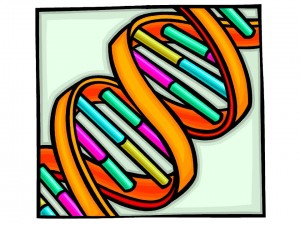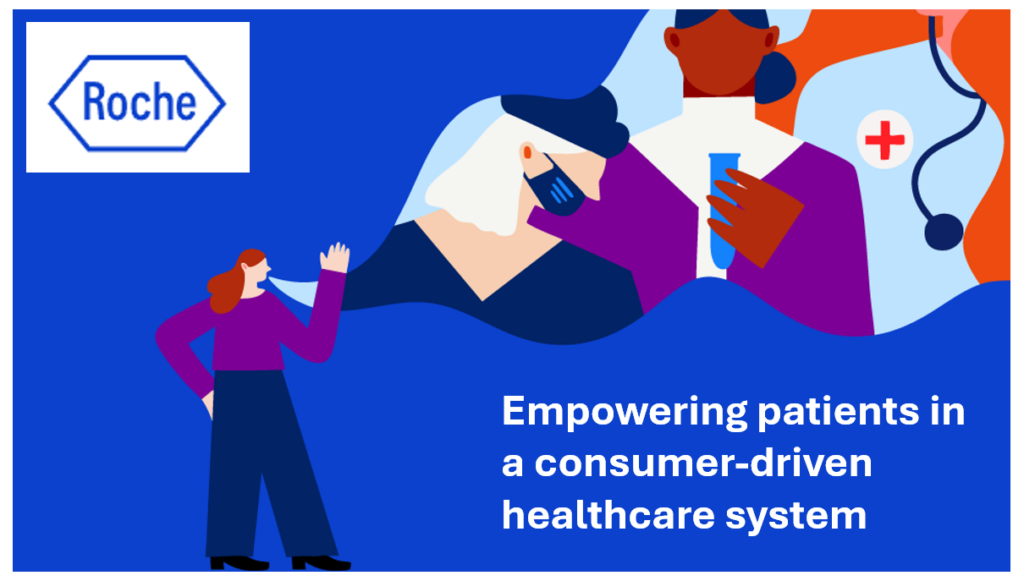 Detractors of direct-to-consumer advertising (DTC) contend that the ads promote consumers asking for pills they don’t often need, medicalize normal life conditions (such as menopause and sleeplessness), and drive up unnecessary medical spending.
Detractors of direct-to-consumer advertising (DTC) contend that the ads promote consumers asking for pills they don’t often need, medicalize normal life conditions (such as menopause and sleeplessness), and drive up unnecessary medical spending.
A team of researchers now finds that DTC can play an important, positive role in motivating health consumers to adopt healthy behaviors. “The intention to engage in healthy lifestyles was strengthened by exposure to familial risk cues in DTC ads and this effect was mediated through enhanced efficacy to take healthy actions,” the paper concludes. Familial risk cues engendered positive self-efficacy.
This is the first empirical study that looks at the effects of familial risk used in DTC advertisements.
The study, Familial Risk Cues in Direct-to-Consumer Prescription Drug Advertisements: Impacts on Intentions to Adopt Healthy Lifestyles and Pharmaceutical Choices, by Minsun Shim, et. al., looks at 395 adults and their perceived genetic risk for health conditions in the context of DTC ads for prescription drugs. When it comes to genetic information, people fall into two general categories: fatalists, who once learning of a genetic risk in their family, live deterministically and don’t believe they can take actions to reverse ‘inevitable’ diseases. The other category of genetic-health-consumer is those who perceive they can make a difference in their health outcomes by making certain lifestyle choices.
The paper discusses the growing debate regarding some DTC ads speaking about genetic predispositions, such as those for genetic tests covering BRCA genes and ads linking race or sex in DTC marketing campaigns for pharmacogenomic meds. Another example of a DTC ad linking genes and medicines is that for Vytorin, which talks about “food and family” being the “2 sources of cholesterol.”
Health Populi’s Hot Points: This is the first study to examine the DTC/personal genetic cue link, so it’s admittedly early to assume more from this study than a positive association between the ads, knowledge about genetic predispositions, and self-efficacy. Still, there’s something here worth looking closely at, testing more, and building on.
Self-efficacy is a key to full health engagement. Without our feeling like we can have some impact on our personal health, we won’t make the choice to try. “Trying” in this instance takes the form of making informed decisions about the way we live, the food we eat, our half full/half empty glass attitude, and other daily micro-choices we make that, in aggregate, impact health.
The study’s researchers say that couching prescription drug ‘solutions’ with familial risk cues in DTC ads has ‘favorable effects’ on personal efficacy and lifestyle intentions. But intentions don’t always lead to action. So more understanding is required on how intentions can lead to actions in favor of health and personal long-term self-efficacy.




 I was invited to be a Judge for the upcoming
I was invited to be a Judge for the upcoming  Thank you Team Roche for inviting me to brainstorm patients as health citizens, consumers, payers, and voters
Thank you Team Roche for inviting me to brainstorm patients as health citizens, consumers, payers, and voters  For the past 15 years,
For the past 15 years,